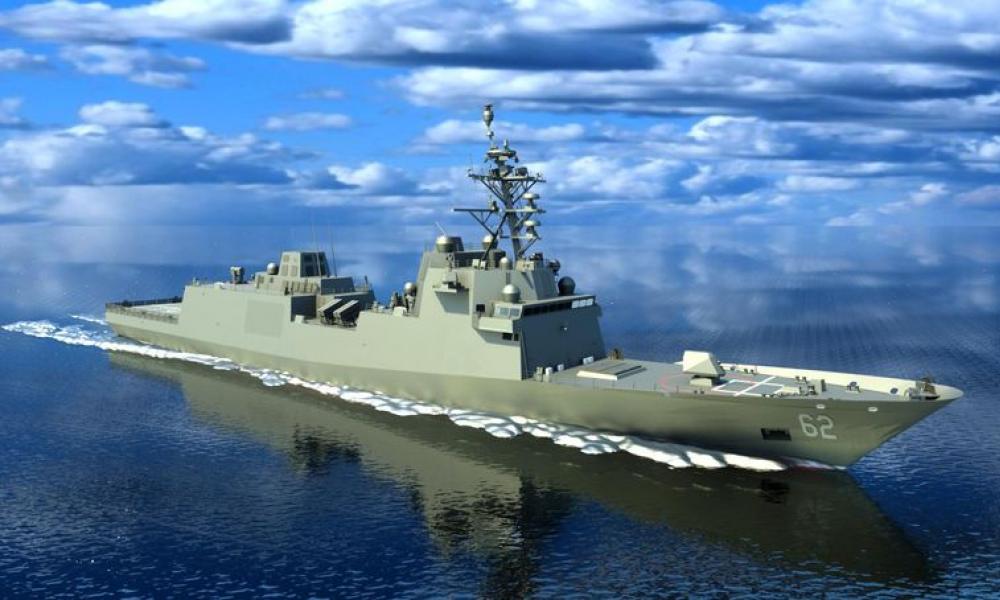The billionaire entrepreneur Elon Musk has once again targeted U.S. defense spending, questioning the cost-effectiveness and strategic direction of American military programs.
His latest remarks come in response to a report by the Congressional Budget Office (CBO), which revealed that the U.S. Navy plans to allocate $40 billion annually over the next 30 years, totaling $1.2 trillion, to maintain and expand a fleet of 364 surface vessels.
Musk, who has frequently criticized the US military-industrial complex, called for a complete overhaul of how the country develops its weapons systems.
"American weapons programs need to be completely redone. The current strategy is to build a small number of weapons at a high price to fight yesterday’s war.
Unless there are immediate and dramatic changes made, America will lose the next war very badly," Musk wrote.
He has been a vocal critic of the expensive and slow-moving U.S. military programs, often contrasting them with the agility and efficiency of private-sector innovation.
His comments reflect broader concerns in defense circles and Congress about the rising costs of procurement, the aging US naval fleet, and the need to adapt to emerging security threats from adversaries like China and Russia.
The US Navy’s projected $1.2 trillion spending plan aims to expand its fleet by replacing aging ships, a move Pentagon officials argue is critical to maintaining maritime dominance.
However, critics, including Musk, argue that high costs, long development cycles, and bureaucratic inefficiencies hinder innovation and flexibility in building effective modern weapons systems.
The US military faces a growing challenge from China’s rapidly expanding navy, which has already surpassed the US in total warship count.
The Chinese People's Liberation Army Navy (PLAN) is investing heavily in new shipbuilding programs, hypersonic weapons, and advanced electronic warfare capabilities.
Musk’s statements align with the concerns of some defense analysts and US Senators, who argue that the current American strategy of procuring fewer but highly expensive warships may not be sustainable in a future conflict.
The cost per ship, averaging $3 billion, raises questions about whether the US should shift toward a larger fleet of smaller, more cost-effective warships capable of operating with greater flexibility in contested waters.
Musk’s remarks add to ongoing debates over the future of US military procurement and modernization efforts.
He has previously advocated for greater reliance on autonomous systems, drone warfare, and AI-driven military technologies—fields in which companies like SpaceX and Tesla have demonstrated rapid advancements.
While Pentagon officials continue to push for a balanced approach to fleet expansion, Musk’s observations highlight a growing divide between traditional defense planners and proponents of disruptive innovation in military strategy.
As the US Navy moves forward with its long-term investment plan, discussions over cost, efficiency, and technological adaptation in defense spending are likely to intensify.
Musk’s Statements Also Concern the Constellation Frigates Greece Wants
Months have passed since the last time the Greek Minister of National Defense spoke about Greece’s potential participation in the US Constellation-class frigate development and shipbuilding program.
The Constellation-class frigate program continues to face challenges and concerns within the Pentagon. The Hellenic Navy is patiently awaiting developments that will help it make a final decision.Undoubtedly, one of the key factors in this decision is the determination of the final cost per ship, a crucial detail that continues to rise.
This is one of the biggest issues with the Constellation program. The project's cost keeps fluctuating, unfortunately trending upwards, causing headaches for the U.S. Department of Defense.





